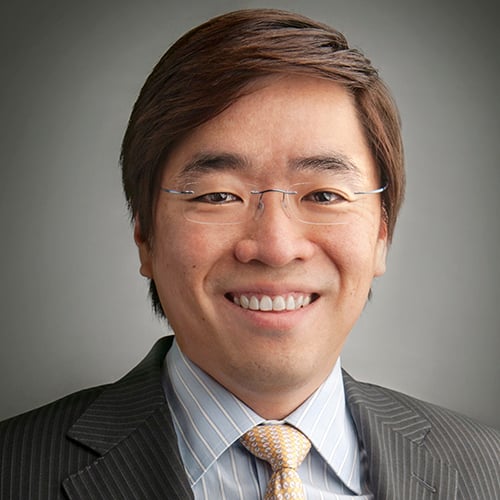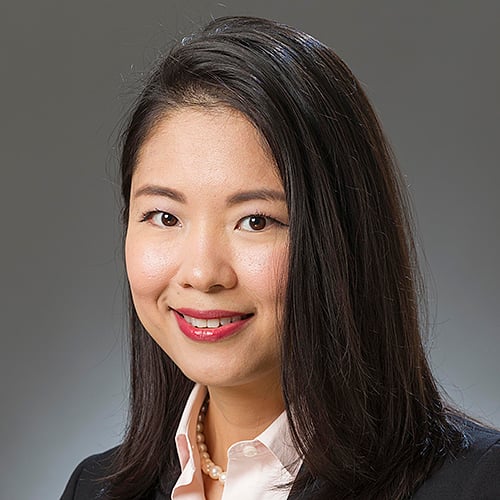After Taiwan's entry to the World Trade Organization in 2002, the lower tariffs and free trade have led to an increase in nation's competitiveness across the region and the globe. With the increased growth of its capital markets, Taiwan has made a great leap forward in the development of becoming an international financial centre, and more recently, and a renminbi offshore hub.
A few of the key features of Taiwan's secondary markets is its high price-earnings ratio (P/Eratio), its diversified enterprises, its lower cost to list, and the fact that it is suitable for small and medium-sized enterprises. But there are problems looming underneath this fine surface, and more to see in Taiwan's secondary markets.
In an interview with Yvonne Chu, vice president of fixed income at the bond trading house Masterlink, she discusses the unique features, challenges and opportunities in trading in Taiwan's secondary markets, and the future of how it will operate.
Who are the major players in Taiwan's bond market, and why is there a lack of liquidity in Taiwan's secondary markets?
Chu: Taiwan's major participants in the bond market are lifers, banks and bond houses. According to the CBC's statistics, as of August 2015, banks held 51.93% of the treasury bonds, while the lifers accounted for 21.32%. The duo, in aggregate, represents 73.25% of the treasury bonds.
Based on Taiwan's accounting principles, banks are allowed to put their own bond position under the section of Available for Sales. As banks do not need to "mark to market" the bond prices, they do not have strong incentives to sell their bonds. For bond investment, lifers mostly adopt a duration matching strategy for their insurance policies. As the terms of insurance policies are 10-30 years and lifers mostly hold the bonds to maturity, lifers are less likely to trade the bonds from their investment portfolio.
In other Asian financial markets such as Hong Kong and Singapore, bond market participants are not only lifers/banks but also private banks/hedge funds. The participants concentrate on trading business, which livens the market.
Furthermore, Taiwanese bond market's market makers are mainly bond houses under securities houses. Due to limited sources of funding, bond houses will incur higher cost when they hold bonds. In terms of assets denominated in foreign currencies, unlike banks that receive deposits and insurance policies denominated foreign currencies, bond houses' cost to make market is higher, which is one of the reason that leads to low liquidity in the bond markets.
How is the lack of liquidity in Taiwan's secondary bond market impacting Taiwanese bond houses?
Chu: A lack of liquidity makes Taiwan's bond houses expose risks to a certain degree. Compared with banks that can receive deposits and lifers that receive revenue from insurance policies, Taiwan's bond houses have limited sources of funding. Bond houses can only make fund through repurchase agreement. If market yields are volatile, a lack of liquidity will make bond houses unable to stop loss/gain in time, which hence increases risks of bond trading. Even if bond houses could accurately predict the level of interest rate, bond houses will not accumulate a big position, which results in limited profit contribution.
Furthermore, a lack of liquidity will lead to lower volatile. Thus, bond houses are less likely to issue or design bond derivatives, which indirectly limit bond houses' business expansion and hinder development of financial engineering in Taiwan.
What measures can the government take to increase trading in the secondary markets?
Chu:Currently Taiwan's regulators anticipate domestic bond underwriters taking the role of market makers. In the traditional treasury bond market, the regulators designate major treasury bond trader to make market. In the future, regulators plan to establish a market making system that bond underwriters will serve as market markers, which should further liquidize the market.
Additionally, Taiwan's regulators loosen the regulations by allowing enterprises with high net worth to trade bonds as financial institutions do. An increase in the number of participants in the bond market will further liquidize the market. For instance, TSMC (2330 TT), the largest semiconductor company worldwide, used to invest in the bond market. If the regulators loosen the regulations, large companies like TSMC should be more interested in the bond market. As a result, Taiwan's bond market will become even more booming.
Alongside this, there are many hedge funds and private banks participating in the international financial markets. Hedge fund managers chiefly focus on short-term trading in order to make capital gain, which indirectly increase liquidity in the bond market. Due to lack of large international hedge funds in Taiwan's bond markets, effect of increasing market liquidity through bond funds dies out. Consequently, regulators open the international bond market by allowing outbound investors to trade bonds in Taiwan. Additionally, the regulators also plan to loosen the regulations by allowing inbound investors to engage in bond trading and to increase the number of participants, which should benefit the secondary market.
When do you expect the secondary markets to improve?
Chu:As Taiwan's regulators tend to open the market by loosening the conditional trading and increasing the channels of funds for bond houses. We anticipate improvement of the secondary bond market in the one to two years.









